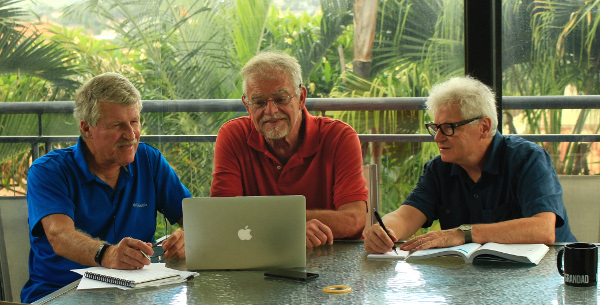In 2008, after a lengthy involvement with managing obesity issues at the primary care level, Adjunct Professor of Lifestyle Medicine (Southern Cross University) Garry Egger and I decided it was time to focus more on the broader issue of lifestyle-related chronic disease.
This was partly in response to the 2006 report by the Australian Institute of Health and Welfare saying that up to 70 per cent of all GP visits were thought to have a predominantly lifestyle cause.
We coined the term Lifestyle Medicine (LM) and set up the Australian Lifestyle Medicine Association (ALMA). The inaugural meeting in May 2008 was held at the University Centre for Rural Health in Lismore. The 50 attendees comprised GPs and allied health professionals from many disciplines.
The aim was to raise awareness of LM in the management and prevention of chronic disease, improve knowledge and skills in lifestyle behavioural change, and encourage more practitioners into this field. Indigenous health was to be given special attention, particularly addressing the social determinants of health. There was also to be significant emphasis on education and evidence based lifestyle medicine research.
While we received strong support there were significant challenges, but later that year we held the first ALMA conference, opened by Dr Norman Swan from ABC RN’s Health Report. Under Garry Egger’s leadership and with co-author Swedish Professor Emeritus Stephan Rossner (Karolinska Institute Stockholm) we seconded expert contributors in the field to publish the first edition of a textbook on Lifestyle Medicine (McGraw Hill). The book has been well received.
In July 2015, ALMA was re-launched as the Australasian Society of Lifestyle Medicine (ASLM). With links to similar organisations in many countries, including the American College of LM and the European Society of LM, it is planned to hold the first World Conference in Melbourne this November.
We are in the process of writing the 3rd edition of the LM book for publication by Elsevier. It will be translated into many different languages, as the interest in this field is understandably growing. As populations age and chronic disease increases, driven largely by lifestyle environmental factors, the need to focus on lifestyle medicine is increasingly urgent. From every perspective, the alternative is simply unsustainable.
















